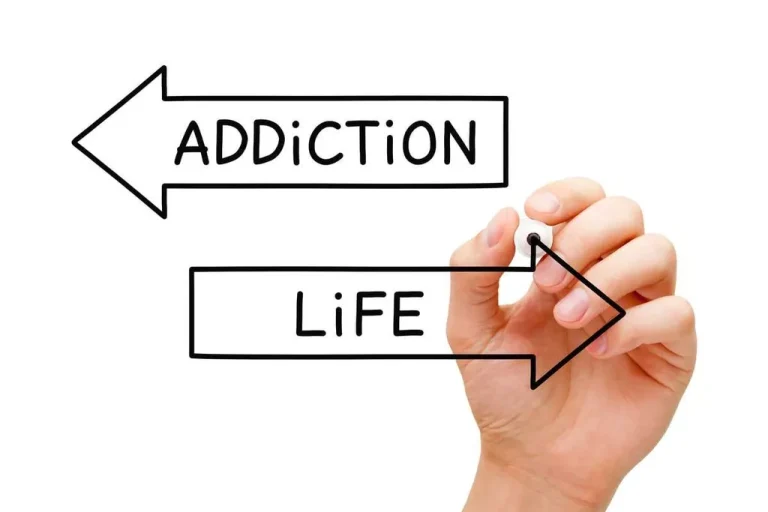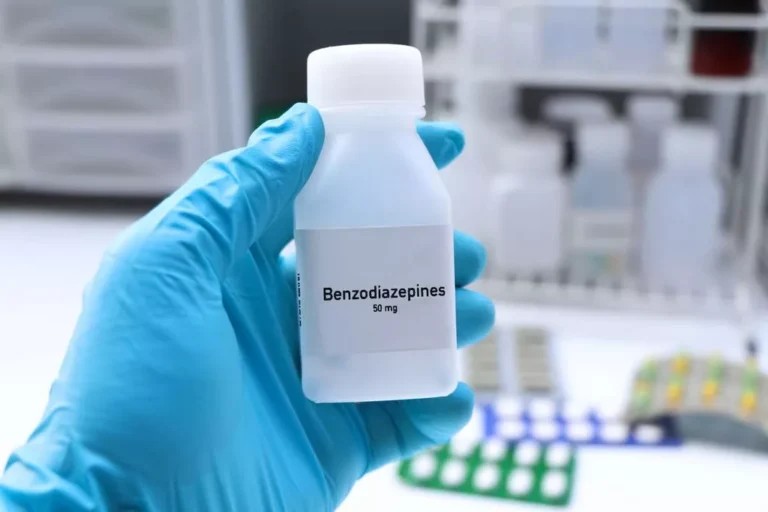
12-step facilitation therapy is an engagement strategy used in counseling sessions to increase an individual’s active involvement in 12-step-based mutual-support groups. Alcohol-related problems—which result from drinking too much, too fast, or too often—are among the most significant public health issues in the United States. Alcoholism is a common and different term for alcohol use disorder.
What are treatments for alcohol use disorder?
A health care provider might ask the following questions to assess a person’s symptoms. Someone with an alcohol addiction who has remained sober for months or years may find themselves can alcoholism be cured drinking again. They may binge drink once or drink for a period of time before getting sober again. It’s important that the person get back on track and resume treatment.
Treatment Options & Programs
- Inpatient rehab provides a safe place for people to focus on their recovery and develop life skills to support sobriety after completing the program.
- Seeking professional help early can prevent a return to drinking.
- The second half of the condition, Korsakoff’s psychosis, results in the psychological symptoms.
- You’re likely to start by seeing your primary health care provider.
AUD is characterized by an impaired ability to stop or control alcohol use despite adverse social, occupational, or health consequences. Health care providers diagnose AUD when a person has two or more of the symptoms listed below. AUD can be mild (the presence of two to three symptoms), moderate (the presence of four to five symptoms), or severe (the presence of six or more symptoms).

Can People With Alcohol Use Disorder Recover?

It may help to seek support from others, including friends, family, community, and support groups. If you are developing your own symptoms of depression or anxiety, think about seeking professional help for yourself. Remember that your loved one is ultimately responsible for managing their own illness.
What Are the Treatments for Alcohol Use Disorder?
Alcoholism is considered a brain disease because it affects the way the brain operates, causing symptoms such as compulsive behavior and intense cravings. It disrupts a person’s ability to think critically, make rational decisions and function normally. While the exact causes of alcoholism are not known, a number of factors can play a role.
People assigned female at birth (AFAB) should limit drinking to one drink a day. Heavy drinking in this population is four or more drinks a day or eight drinks a week. If you or someone you know is struggling with substance abuse or addiction, we are here to help. Give us a call or send us a message and one of our admissions counselors will do their best to get you the help you need. When is it common in society, it can be hard to tell the difference between someone who likes to have a few drinks now and then and someone with a real problem. You may experience relapses and temptations, but this is completely normal.

Motivational enhancement is conducted over a short period of time to build and strengthen motivation to change drinking behavior. The therapy focuses on identifying the pros and cons of seeking treatment, forming a plan for making changes in one’s drinking, building confidence, and developing the skills needed to stick to the plan. If your pattern of drinking results in repeated significant distress and problems functioning in your daily life, you likely have alcohol use disorder. However, even a mild disorder can escalate and lead to serious problems, so early treatment is important. The one that’s right for you depends on your situation and your goals. Many people find that a combination of treatments works best, and you can get them together through a program.
Excessive alcohol consumption can damage the brain and other organs, and it also increases the chances of developing sleep problems, depression, and other mental health problems. Alcohol can interfere with a person’s ability to care for their https://ecosoberhouse.com/ other medical conditions or make other medical conditions worse. Just as some people with diabetes or asthma may have flare-ups of their disease, a return to drinking can be seen as a temporary setback to full recovery and not as a failure.
